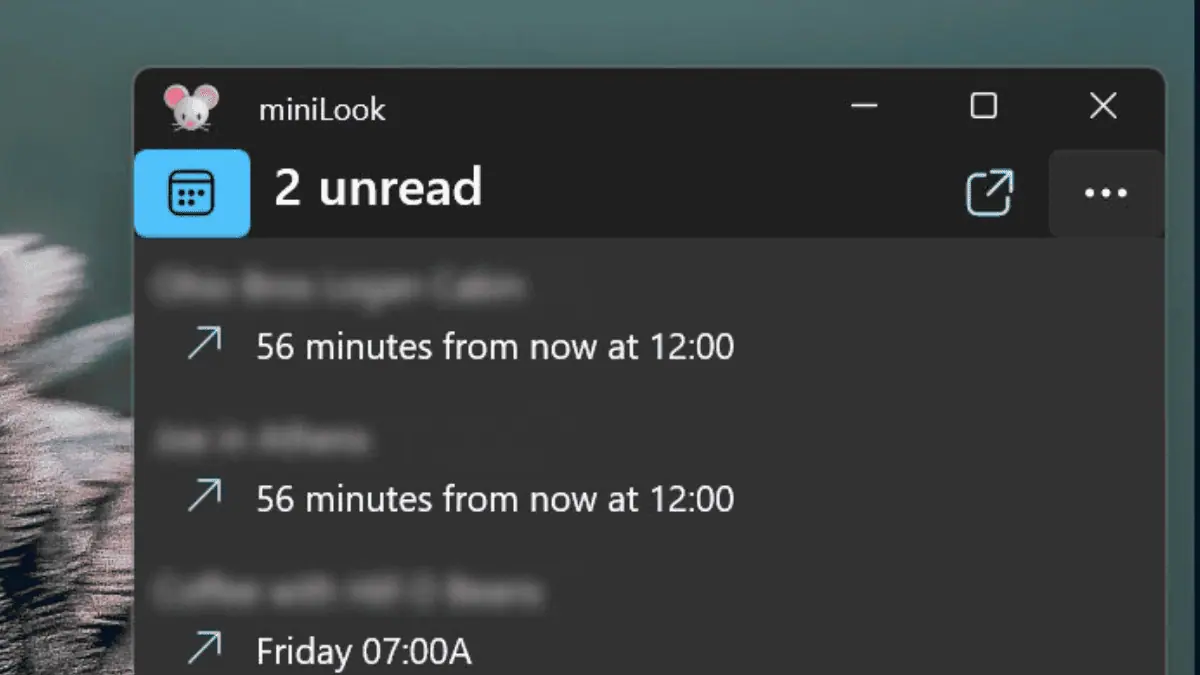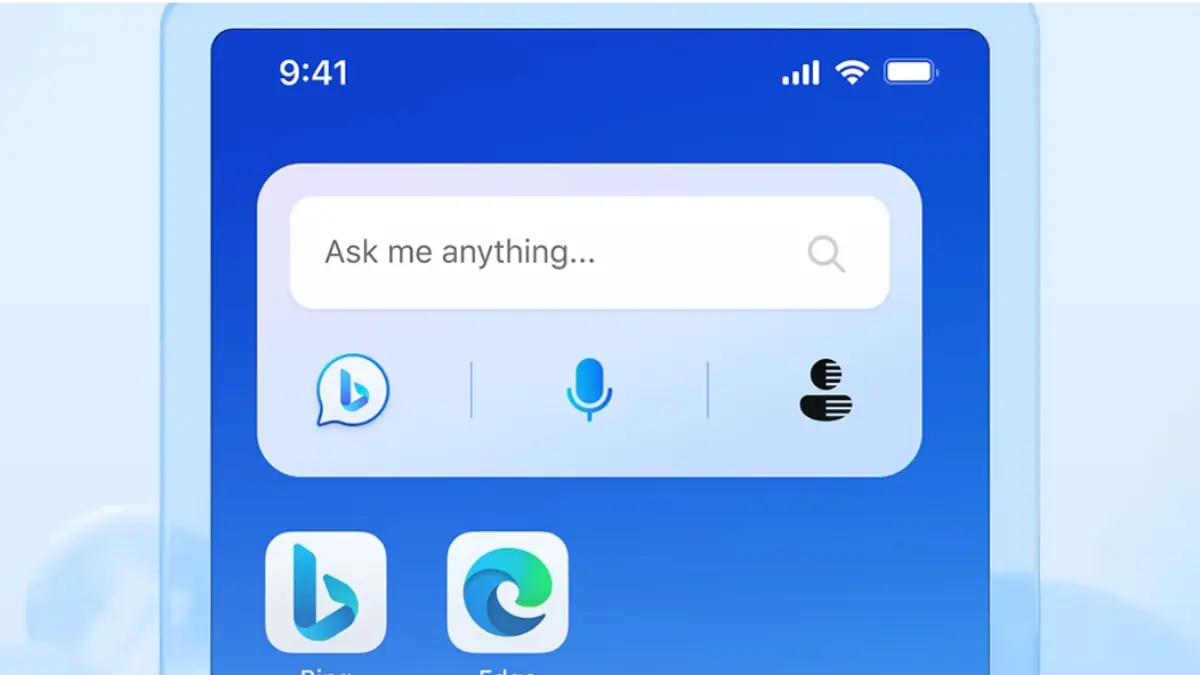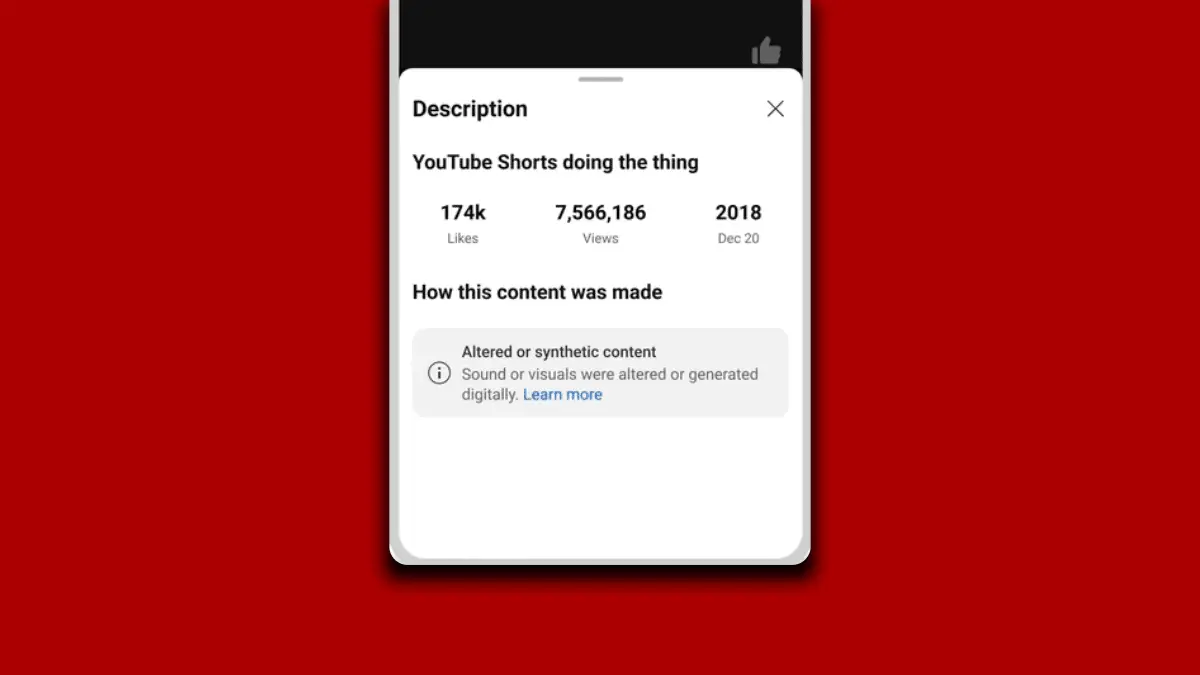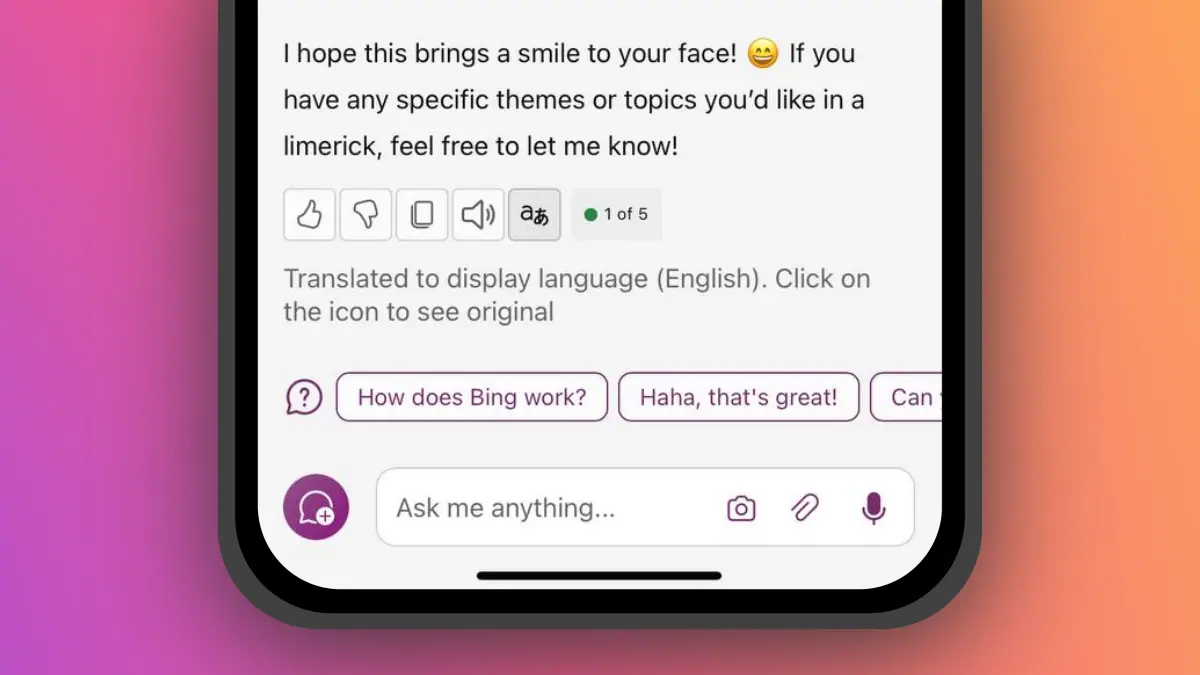The caveat about the new Microsoft Teams (free) version
2 min. read
Published on
Read our disclosure page to find out how can you help MSPoweruser sustain the editorial team Read more

Microsoft is now pushing the users of its free legacy Teams app for businesses to pay to keep their data accessible once it retires on April 12. This current free app called “Microsoft Teams Free (classic)” will be replaced by the new “Microsoft Teams (free).” Although the latter will still be free, there will be no way to automatically transfer or migrate the users’ old data to it, pushing businesses to manually do it or resort to the paid Teams Essentials tier.
Microsoft’s move to continuously introduce different versions of products can be incredibly confusing, just like in this recent case of Teams. According to Microsoft, it will soon retire its free legacy Teams app for businesses named “Microsoft Teams Free (classic). It will then be replaced by a newer one called Microsoft Teams (free) that users can also use for free. Nonetheless, the slight change in the name should not be the biggest concern of Microsoft Teams Free (classic) now. As Microsoft explains on its announcement page, users of the legacy app should upgrade to the paid Teams Essential plan in order to maintain their access to their data.
“Designed specifically with small- and medium-sized businesses in mind, Teams Essentials is the newest version of Teams, which you can purchase separately from Microsoft 365 offerings,” Microsoft says on its FAQ. “After April 12, 2023, Microsoft will no longer support Teams Free (classic). By upgrading to Teams Essentials by that date, you’ll maintain access to your data.”
Businesses who still want to use Teams for free can sign up for the new free version of Teams. However, Microsoft stresses that “data won’t be retained (including data for existing channels, chats, and recurring meetings).” This means a huge inconvenience, especially to those businesses that have huge amounts of data on the version they believed would be accessible for more numbers of years, if not forever.
What’s your opinion about this?








